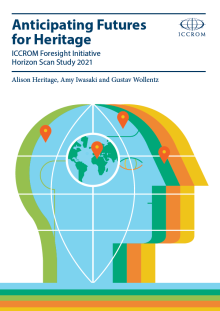
What is Strategic Foresight?
Strategic Foresight describes a set of approaches, tools and skills that help organizations explore, envision and shape the future. Foresight does not attempt to predict the future per se, but rather seeks to build an awareness of different possible futures for an organization or sector – challenging assumptions and expanding horizons. Conventional strategic planning tends to take a “business-as-usual” approach, extrapolating likely futures from past trends over a short-term horizon. Foresight, by contrast, looks out over a longer horizon – anything from ten to more than 50 years ahead – and engages with change in a more creative way to map out future contexts.
Through provoking deeper thinking about the nature, drivers and implications of change, Foresight uses the future to help surface critical decisions to take in the present. This helps to strengthen anticipation, enabling organizations to develop more “future proof” forward-thinking strategies, thus building adaptability and resilience.
ICCROM Horizon Scan Study 2021
In July 2021, as part of its Foresight Initiative, ICCROM launched a horizon scan study to gather intelligence about possible macro-environmental changes that might affect cultural heritage in the future. To undertake this work, the project engaged an interdisciplinary team of 18 researchers and two advisors from different world regions who collectively generated over 60 research reports looking out over a 15-year horizon.
The study intends to serve as a starting point for an ongoing foresight process to inform the development of ICCROM’s longer-term strategy, and particularly its strategic orientations for the next planning cycle (2026–2031).
